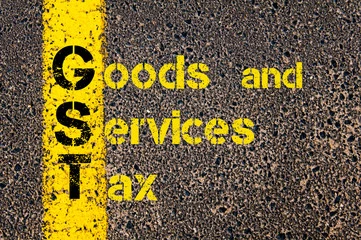GST is a tax which is the obligation of the supplier, which means that the supplier is required to determine how much tax is payable, collect it from the receiver and pay to the government.
However in certain situations, the government decides that it is practically not convenient to collect the tax from the supplier, in which cases the latitude is given to the government to impose the liability of tax collection on the receiver. Such a situation is called as reverse charge.
This generally happens when the number of suppliers are much more compared to the number of receivers. In these cases it is practically convenient for the government to collect the tax from the receiver rather than the supplier.
Let me give you an illustration. There is a service which is called as GTA service, namely Goods Transport Agency service which generally covers the lorry drivers, the people who drive trucks and the other transport agencies. Now these people are generally marginalized sector, which means that they are far in number but they are unregulated, in which case it is difficult for the government to track every lorry driver, every truck and collect tax from them.
So the law provides that this will be a reverse charge situation, which means that if you are a business and you take services from a GTA, then in such cases it is you as a receiver who is obliged to collect tax and pay to the government.
Here the word obliged to collect is actually a misnomer because it’s not that you are collecting from a third party, instead, you are paying from your own pocket.
So, in a forward charge situation namely, where the supplier is collecting from the receiver, there is a collection from a third party but in a reverse charge situation there is no collection.
You pay the taxes on your own account and this situation is called as reverse charge.

